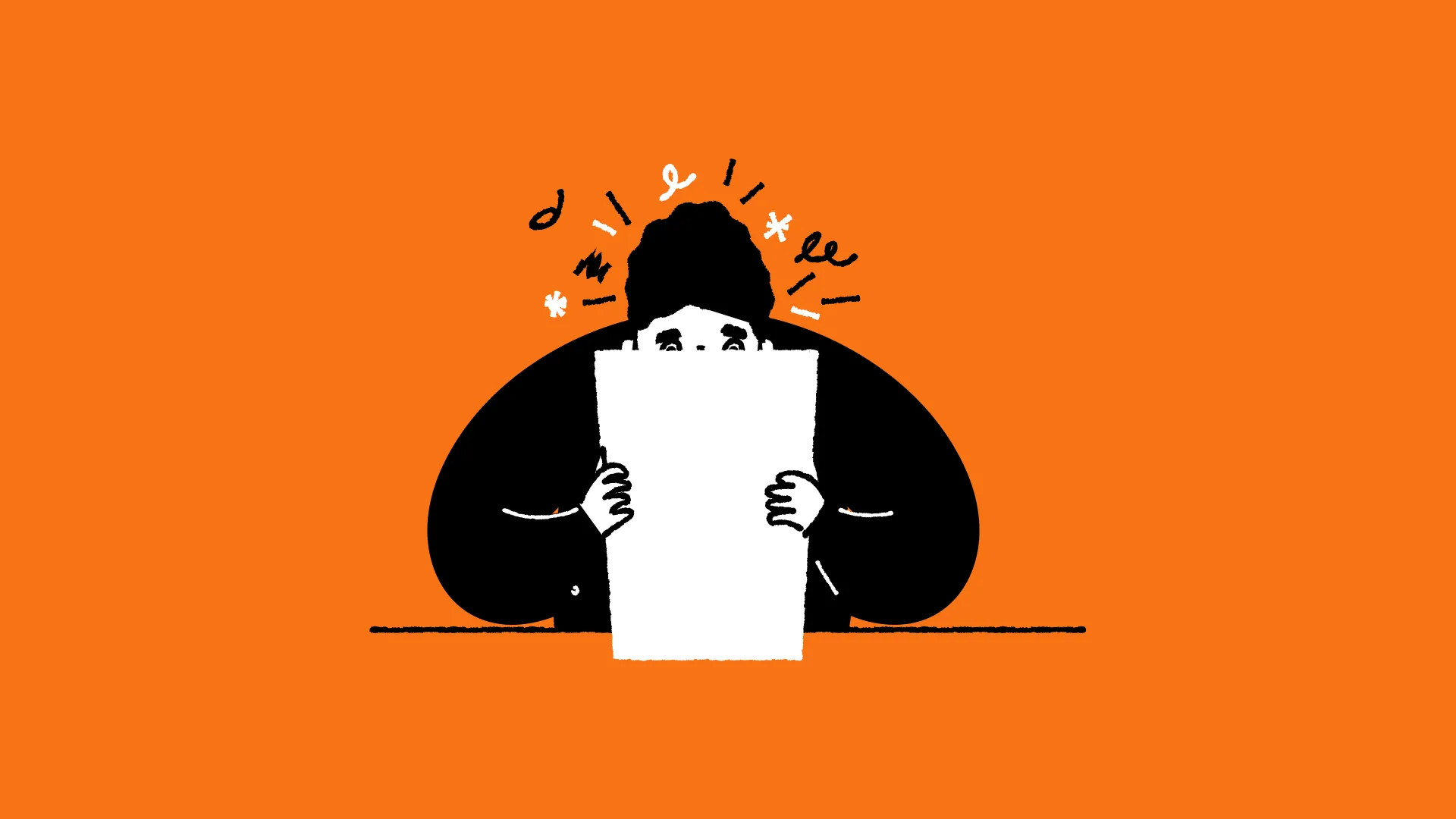Our Blog
Are Bounce Back Loans Affecting Mortgages?
Some self-employed mortgage applicants are finding themselves punished for taking government help during the pandemic. Here’s how Bounce Back Loans are affecting mortgages.
Your home may be repossessed if you do not keep up repayments on your mortgage.
Exclusive broker partner to

In 2020, the government introduced the Bounce Back Loan Scheme to support small and medium-sized businesses affected by Covid-19. Business owners were able to borrow between £2,000 and £50,000 at a low interest rate. But some self-employed mortgage applicants are now finding themselves penalised for taking this government help. Here’s what we know.
Does the Bounce Back loan affect mortgage applications?
Now the one year mark has passed for Bounce Back Loans, the interest is now at 2.5%, raising uncertainty as to whether the loans are having a negative impact on self-employed people’s monthly outgoings and ability to get a mortgage.
Because a Bounce Back Loan is unsecured debt, you won’t lose any assets such as your home or car should you be unable to meet repayments. It also shouldn’t affect your credit score, because credit checks aren’t mandatory for the loan scheme.
The issue we’re seeing is that at the time they applied, self-employed people were assured at the time that the Bounce Back Loan wouldn’t affect their credit score. While this is technically true, many are finding that mortgage lenders are asking whether they took advantage of the scheme and how much they borrowed.
For example, in September 2021, Santander changed its terms regarding when it considers a self-employed applicant’s income to be ‘adversely affected’ by the Covid-19 pandemic - this included those who took a Bounce Back Loan. These borrowers are now having to provide more evidence as part of their mortgage application, such as how their turnover and income has been affected, and confirmation of any outstanding Covid-19 liabilities.
It’s not the loan which directly affects your mortgage options, but it can mean that lenders will need to do further checks. For example, This is Money asked five of the high street’s biggest lenders for their policies on lending to self-employed people - while most said they didn’t explicitly exclude those who had taken government support due to Covid-19, many said that extra affordability checks would be put in place for self-employed people.
When you’re making repayments for the loan it means your monthly outgoings are higher than they would be without it, which lenders will also take into account when you apply for a mortgage. It’s important to make sure all your accounts are up to date, and you can prove you did indeed ‘bounce back’.
If you have additional debt on top of the Bounce Back loan, it’s best to chat with a specialist mortgage broker who can match you with the right lender for your circumstances.
Bouncing back, not falling flat
The pandemic has been tough for all of us, and the Bounce Back Loan Scheme was a lifeline to many self-employed people across the country. Although having taken out the loan won’t rule you out for a mortgage, it could have an impact on your application and how much you can borrow.
At Haysto, we’re seeing more self-employed people struggling to get a mortgage after making use of government grants such as SEISS, Bounce Back Loans, and business rate reductions - grants that were there to help them during a time of real uncertainty.
But just because a high street lender might scrutinise you, doesn’t mean everyone will. That’s why specialists like us exist.
If you took out a Bounce Back Loan and are concerned about it affecting your mortgage application, chat to one of our experts. There are lenders out there who will listen to your circumstances, and we’ll make sure to get you the most competitive deal possible.

Let's Get Started
We Make Mortgages Possible
Our Mortgage Experts are fully qualified with experience in bad credit, self-employed and complex mortgages. They have a proven track record of getting mortgages for people who’ve been rejected elsewhere.
Get Started Now Get Started NowInformation
Tools & Guides
Haysto, a trading style of Haysto Ltd, is an appointed representative of HL Partnership Limited, which is authorised and regulated by the Financial Conduct Authority.Registered Office: Haysto, Crystal House, 24 Cattle Market Street, Norwich, NR1 3DY. Registered in England and Wales No. 12527065
There may be a fee for mortgage advice. The exact amount depends upon your circumstances but will range from £599 to £1599 and this will be discussed and agreed with you at the earliest opportunity.
The guidance and/or information contained within this website is subject to the UK regulatory regime and is therefore targeted at consumers based in the UK.
Your home may be repossessed if you do not keep up repayments on your mortgage.








